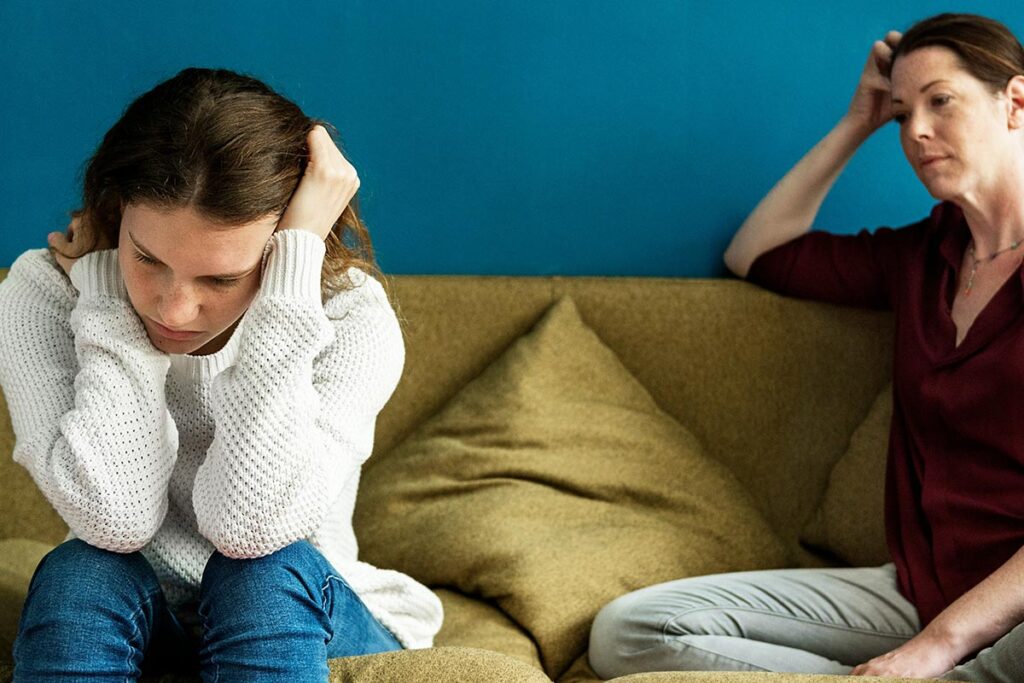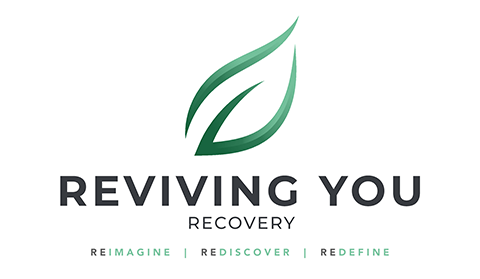My Kid Is an Alcoholic – What Do I Do?

For many of us, raising a child is an act of love and one that we hope will bring us joy and fulfillment. There’s nothing like seeing the child you’re raising growing up to be a person who can make their own choices and succeed on their own terms. Yet, not every part of raising children is happy and great and sometimes those choices lead to consequences that your kids are not prepared for. Substance use disorder is one of those – and while it can feel like you’re completely alone in dealing with it, an estimated 753,000 young adults in the United States qualify for a substance use disorder to alcohol. That’s 2.9% of all 12–17-year-old children in the United States.
You’re not alone, but that won’t necessarily make it easier. Instead, you’ll have to guide your child into getting treatment and care – and likely that won’t be an easy discussion. It will be important to learn, to take care of yourself at the same time, and to practice empathy for your kid and everyone else in the family.
Educate Yourself
The first step to taking good steps in response to your child’s alcohol use disorder is to learn about it. That means looking at how substance use disorder works, looking for resources, and talking to others. Here, your best resources will be your doctor’s office, local drug treatment centers, and more. Books like “The Psychology of Addiction” by Jenny Svanberg are also great if you want to understand addiction from the standpoint of modern medicine. Substance use disorders are a mix of chemical dependence and psychological or behavioral reliance and neither are about character, choosing addiction, or not being strong enough. Learning about how it works, what treatment options are, and that substance use disorder is a psychological disorder (like being diagnosed with depression or anxiety) will be important as you go about the next steps of looking for treatment and trying to help your child.
Let Go of Preconceptions
As parents, we like to think that we can fix everything for our kids. Unfortunately, that’s never going to be the case. Instead, you’ll have to let go of preconceptions like:
- You can fix this. You can’t. It’s up to your child to be motivated into recovery and into moving through therapy and seeing progress from it.
- You’ll always be able to help. You can’t. Instead, parents often enable their kids. Especially while trying to ensure that kids continue to meet academic achievements or while trying to hide signs that anything is wrong from neighbors and friends.
- Life will go back to how it was. It won’t. Your child and your relationship with your child will be forever changed by this. It will also be important to look into family therapy to help repair your relationships later.
- Addiction is shameful. It’s not. Addiction is no more shameful than any other mental health disorder or having a broken leg. You wouldn’t hide that your grandmother has cancer, don’t hide this either. Normalize it and make it a normal thing to treat, because your child will likely continue facing issues with it for the rest of their life.
Letting go of preconceptions can be difficult. However, it will be important if you’re going to be involved in your child’s health and recovery over the long term.
Involve Your Child
You’re going to want to start looking into professional help. That means involving your child and making sure that they are part of the process. Here, you’ll want to start by having an honest conversation with them. That means:
- Treat them like an adult
- Avoid blaming or shaming. No one chooses addiction
- Avoid judgement. You can express concern and make it concern about your child
- Listen. They likely have their own things to say. Ask what they will be comfortable with, who they will be comfortable asking for help from, and who they are comfortable sharing with.
People with an addiction are prone to lying, to hiding their addiction, and to getting defensive. You should be prepared for it and be prepared to ensure you don’t escalate things. You’re not trying to have an argument; you’re just trying to tell your child that you’re worried about them and you want to start looking into ways to get them help.

Get Your Questions Answered Now

Seek Professional Help
You’ll want to start out by talking to your (child’s) doctor, their counselor at school, and any therapist or psychologist you already see. They can provide guidance and referral into more specialized care. You can also start looking into options for treatment that work for your child. Here, you’ll want to continue to keep your child involved. That means keeping them in the loop and in the conversation as you go to professionals, having them help you look into treatment options and therapy options, and letting them be an active part of choosing a treatment option where they are willing to participate.
You often get choices of both inpatient and outpatient rehab programs. However, kids very often require an inpatient program because it removes the distraction and stress of everyday life and school. Following that, they can go to ongoing counseling, therapy, and an outpatient program to get aftercare and continued support in staying sober.
When therapy happens, the most important thing you can do is make sure you stay involved. That means talking to your kids, being available for therapy, visiting, and seeking out therapy yourself. If you want to be there for your kid, you need to know what’s going on, how treatment works, and be ready to help whenever that is wanted.
Support Recovery at Home
Getting professional help is a must. However, you’ll also want to support recovery at home. That means providing motivation, encouragement, reward, and a stable and structured environment. That’s a lot to ask and it can be demanding of you. That means:
- Set boundaries for you and for them. You want to avoid enabling behavior or behavior that makes your child feel worse. You also want to set boundaries on how they are allowed to act.
- Intentionally seek out family therapy and get counseling for yourself.
- Make sure you’re getting support such as from AlAnon or AlaTeen to ensure you are stable and healthy enough to make good parenting decisions
- Establish routine and set bedtime and wakeup for the entire family
- Promote healthy activity such as daily exercise and walks for the whole family
- Ensure that meals are healthy and involve your kids as much as possible in cooking and food preparation
- Establish routine and stick to it as much as possible
- Plan and provide healthy and fun things to do for the whole family
A good environment at home means that you actively work on mental and relationship health in the family. It also means building structure and routine, so your kids have a healthy baseline to recover from.
Conclusion
If your child is facing a substance use disorder, you’re not alone. Alcohol use disorder in teens is so common that there are resources available in almost every school and you’ll find plenty of support and options as you move through the journey to getting your kid into professional help. The important thing for you is to learn, to communicate with your child, and to practice empathy at every step so you can be there for them.
We Accept Most Insurances
We are in network with:






We know insurance coverage can be a source of uncertainty for people. We make sure you have all the information necessary. The great news is health insurance can potentially cover the total treatment costs. If you don't have insurance, we offer cash payment options for our treatment programs and are committed to working with clients regardless of financial situations.
